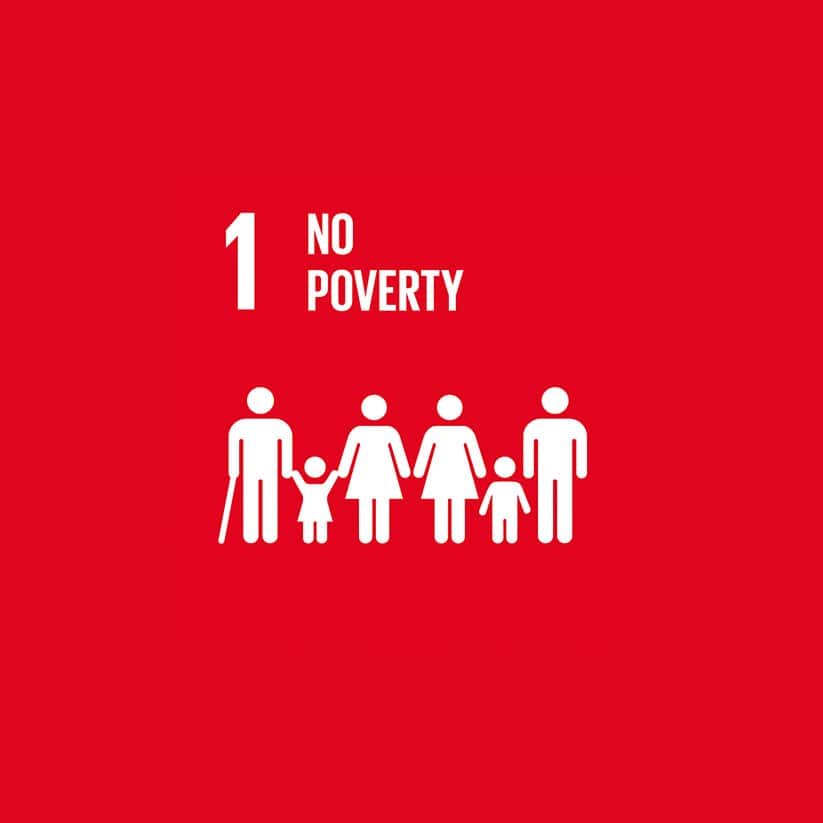
Reimagining sustainable spaces
Creating smart structures
In a world of diverse challenges as to how we live, from ageing populations to climate change, Modulaire Group is working to transform the buildings we inhabit. In rethinking the built environment sector, the group is innovating a smart modular construction method that is faster, more efficient, and produces less waste.
For example, in Villeurbanne, France, the company created a low-carbon temporary learning space for children while their school was being renovated. This project was time critical as it needed to be ready for the children’s return to school after the holidays. Using modular construction, the building took just four months to complete, twice as fast as conventional methods.
Towards the circular economy
Modular construction, also known as offsite construction, is a building method in which structures are built in a factory-controlled environment and then transported to the site for assembly. These leased units or buildings can be temporary or permanent and are designed to meet quality, safety, and environmental regulations. This approach enhances efficiency, minimizes waste, and accelerates project completion compared to traditional onsite construction. Modular buildings are fully customized to suit the client’s project requirements, including tailored interiors that align with their specific needs.
Once leased units and buildings have served their purpose, they can be deconstructed, removed, and reused, with components repurposed for new projects. Modulaire Group’s units and buildings are thus easily adapted to changing needs and are built for reuse, contributing to the circular economy.
“Engineers and designers are innovating offsite construction techniques to facilitate material reuse and designing adaptable spaces that can serve multiple functions over their lifespan,” says Steven Cast, Group Operations Director at Modulaire Group.
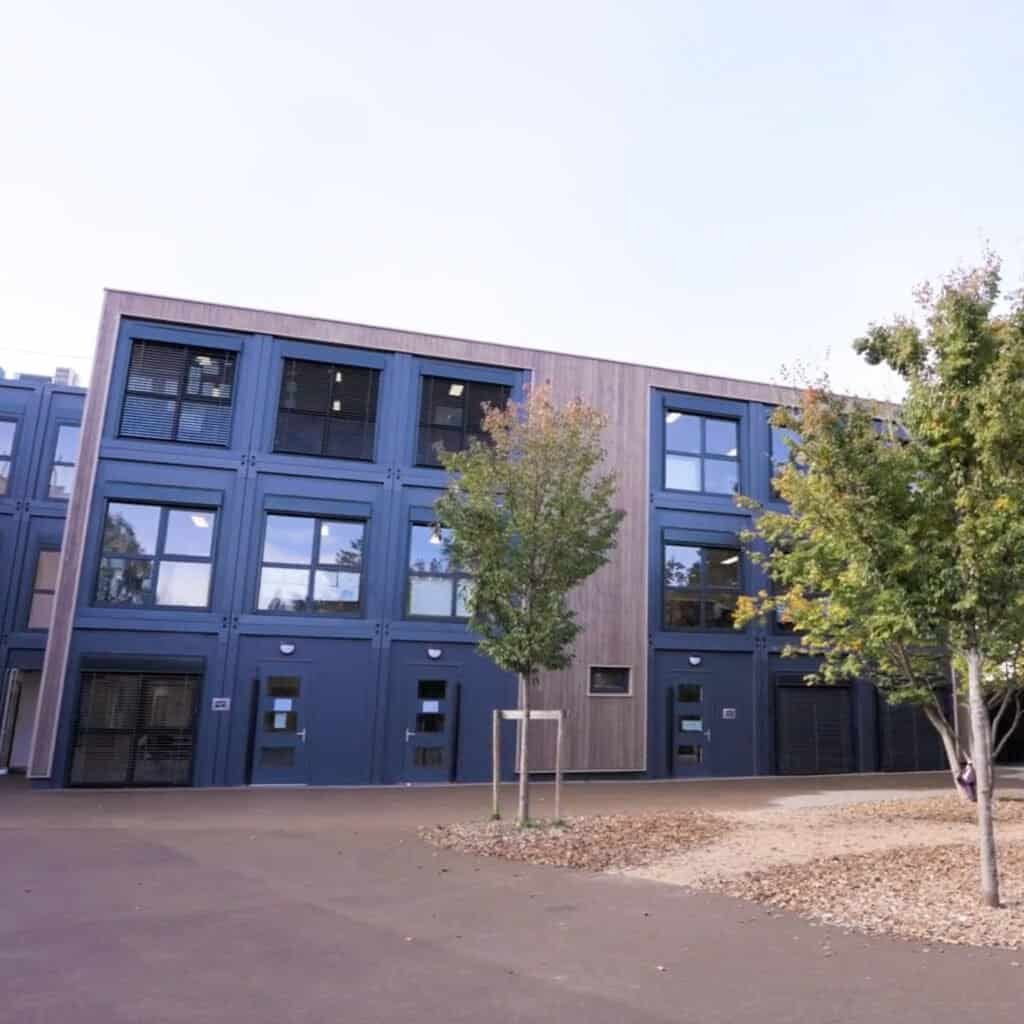
Where in the world?
With its headquarters in London, UK, Modulaire Group operates on a global scale, creating places to live, work, and learn across Europe and the Asia-Pacific region.
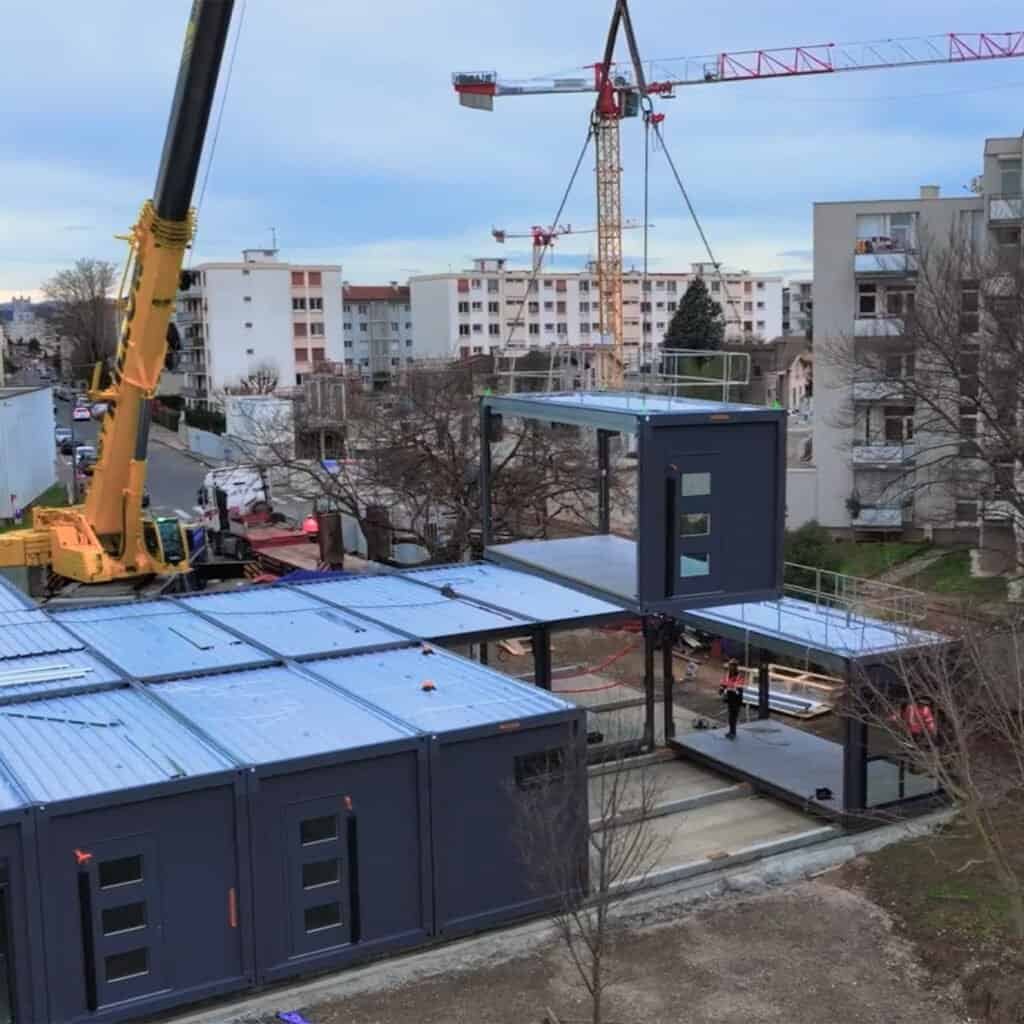
Responding to global challenges
Modulaire Group’s designs also respond to everyday societal challenge through its focus on creating accessible and flexible living spaces. For example, its modular homes offer single-level layouts, ideal for elderly people and those with mobility challenges. And its construction of the Windorah Primary Health Centre in rural Queensland, Australia, not only minimized material waste and construction time, but also provided a sustainable blueprint for delivering high-quality healthcare centers in underserved areas.
In a unique project in Australia, the Group is addressing the urgent housing needs that follow natural disasters by developing recycled cardboard shelters for rapid deployment. In collaboration with the University of Queensland, the group is also working to scale up these innovative building solutions.
“It’s the goal of Modulaire Group to make spaces work for people and enable them to continually adapt, just as we do,” says James Odom, Group General Counsel at Modulaire Group.
What does a sustainable future look like?
SDG 12 aims to ensure sustainable consumption and production patterns. Modulaire Group supports this goal with its innovative, adaptable, and recyclable buildings.
By focusing on both environmental and social needs, the company is paving the way for a more sustainable construction industry. One aspect of this is that its modular components are easier to transport than traditional materials – an especially important consideration in remote areas, which can pose logistical and environmental challenges due to distance and limited infrastructure.
Did you know?
In 2024, the Group achieved a 41% reduction in carbon emissions compared to its 2020 baseline, driven by initiatives such as electrification and the adoption of renewable energy.
More SDG projects

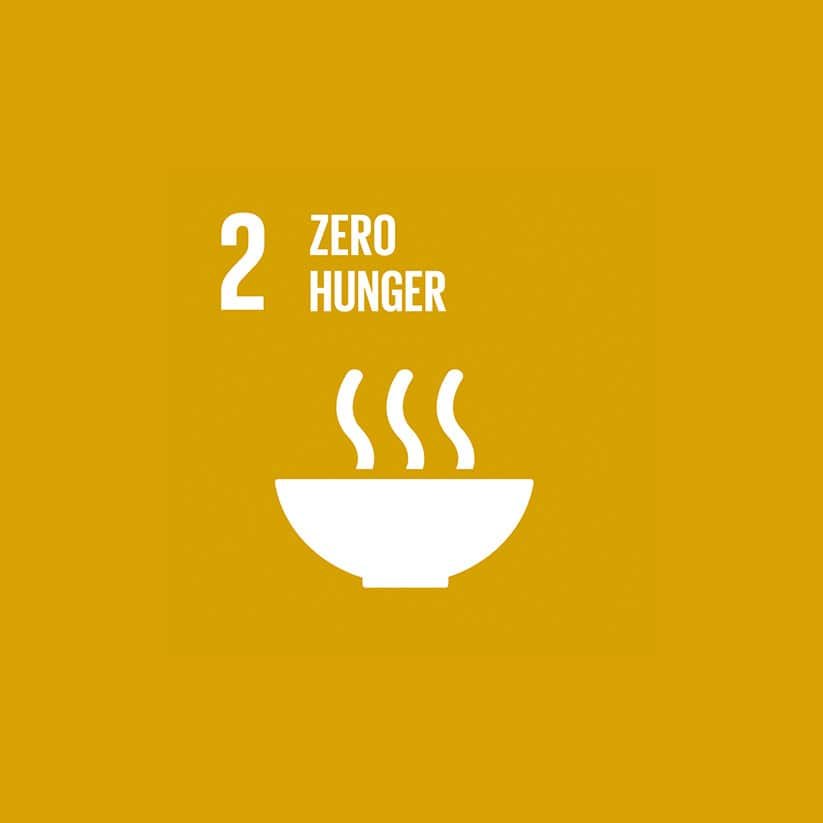
SDG 2: Zero Hunger

SDG 3: Good Health and Well-being

SDG 4: Quality Education
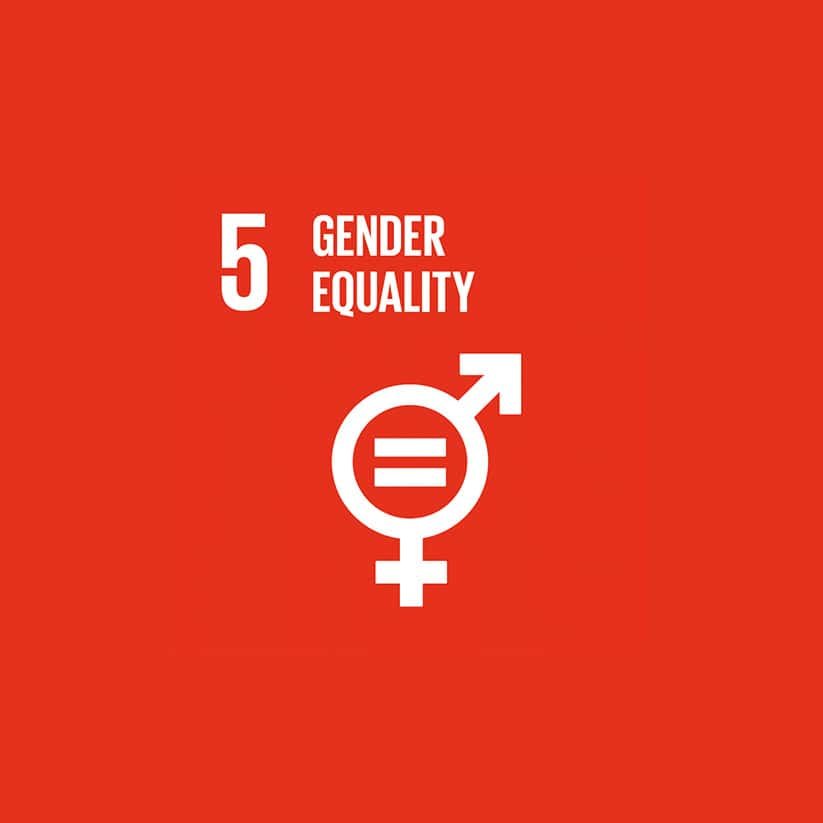
SDG 5: Gender Equality

SDG 6: Clean Water and Sanitation
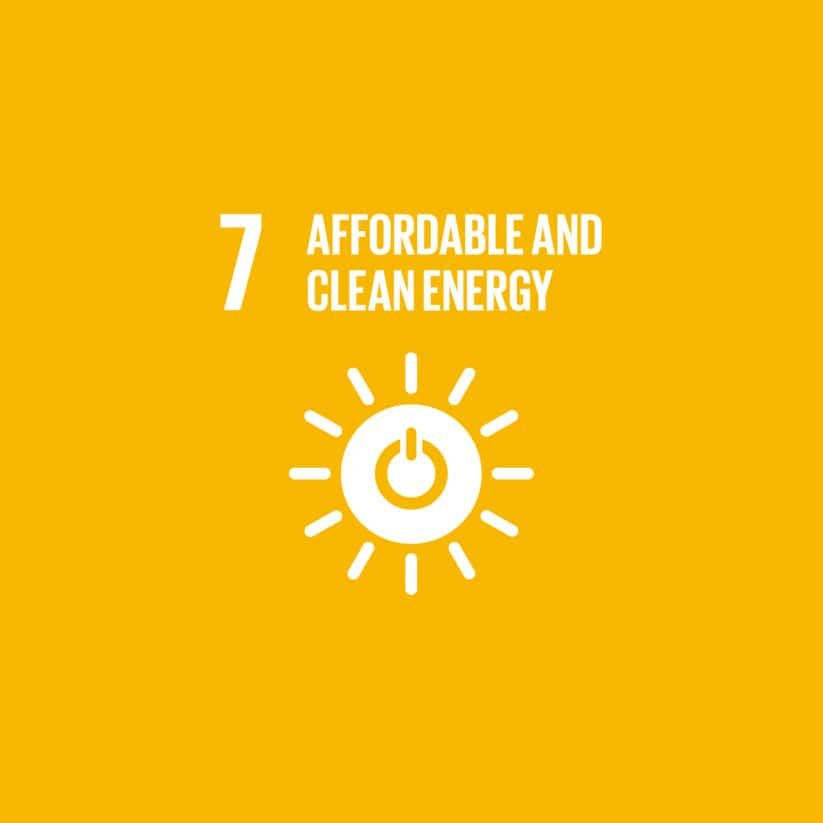
SDG 7: Affordable and Clean Energy
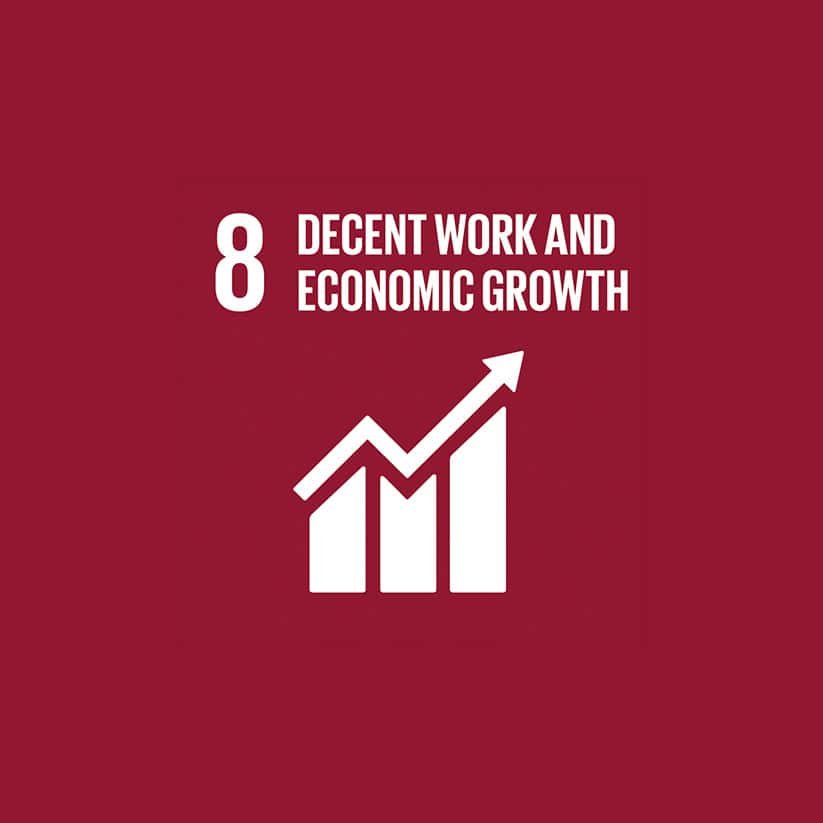
SDG 8: Decent Work and Economic Growth
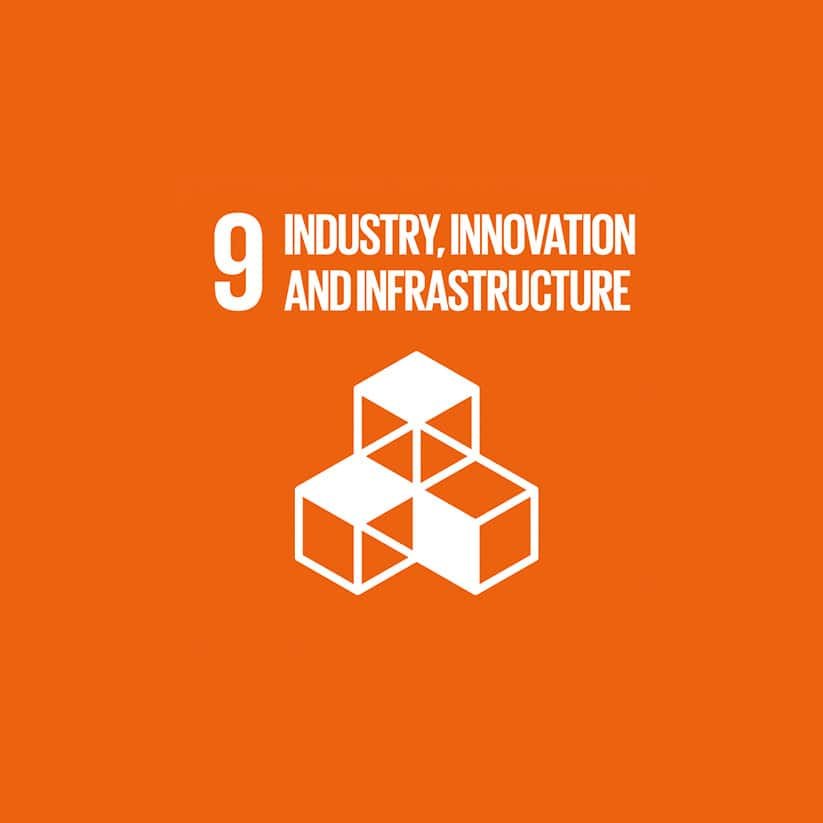
SDG 9: Industry, Innovation, and Infrastructure

SDG 10: Reduced Inequalities

SDG 11: Sustainable Cities and Communities

SDG 12: Responsible Consumption and Production

SDG 13: Climate Action

SDG 14: Life Below Water
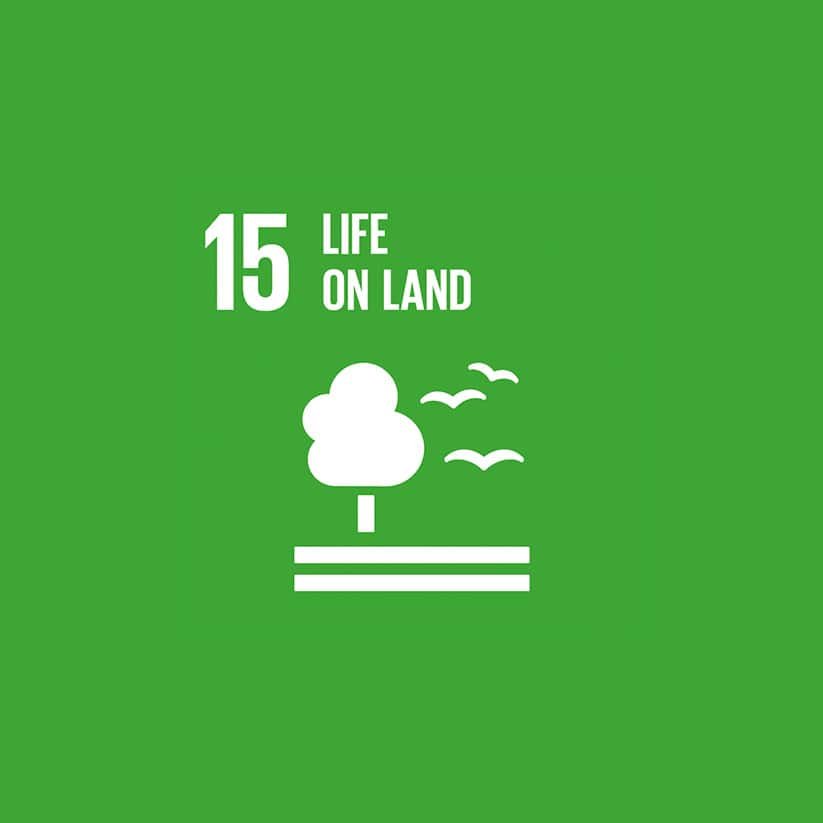
SDG 15: Life on Land

SDG 16: Peace, Justice, and Strong Institutions




